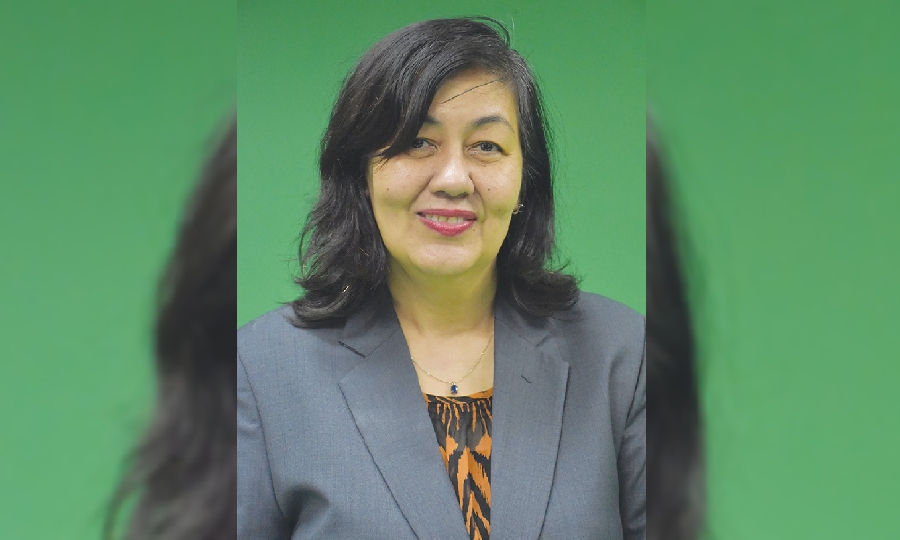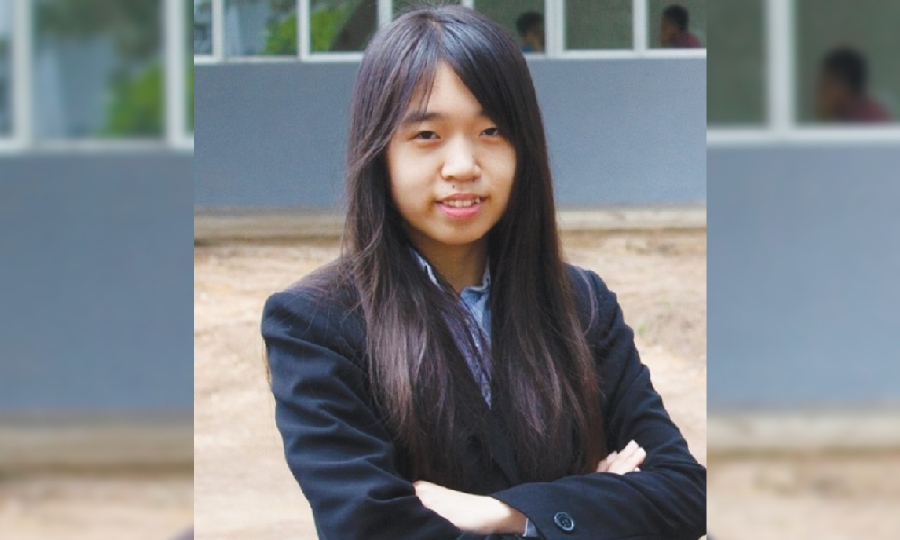With campus closures and face-to-face courses being moved online, lecturers and students face another challenge at the end of the semester.
Lecturers must produce, administer and score final exams, while students have to sit assessments and examinations in extraordinary settings — online and at home.
Some academicians are adapting to the new norm of assessing their students, while others express concern over the efficiency and accountability of online assessments.
Associate Professor Dr Dorothy Dewitt from the Department of Curriculum and Instructional Technology, Faculty of Education, Universiti Malaya, said with online learning, evaluating students' performance would need a different approach.
With free access to references and textbooks, she said conducting exams online should not only test students on factual knowledge, which require only a single correct answer.
"A formative assessment can include, for instance, students developing strategies for problem-solving, creating content through posters and videos, and summarising what they have learnt.
"So, to check whether students understand and are not merely copying the answers from somewhere, students should learn to justify opinions and defend arguments.
"This will require them to use their higher order thinking skills," she added.
Dewitt said students should be allowed to explore concepts and test ideas, and, at the same time, teachers could give feedback to improve their results.
"I have asked students to summarise papers they read in the form of an infographic, displaying content or main points of a particular subject using apps like Canva.
"I also love to get ideas from students' responses on an interactive wall, like Padlet. I will ask them to share their ideas and I can check whether they have got the right understanding from the answers given.
"At the end of the day, the critical thinking in the responses and posts can be evaluated as well as content knowledge," she said.

Dr Diyana Kamaruddin, head of programme (entrepreneurship) at Universiti Malaysia Pahang's Faculty of Industrial Management, said instructors would have to change their assessment strategies.
"In an open-ended question, there is no truly right or wrong answer. It stands on the justification given by the person answering the assessment.
"Instructors would need to be open-minded and see whether the answers could be applied in that particular situation, and must not be based strictly on an answer scheme.
"This type of assessment might not necessarily be harder in terms of difficulty level. The concept might be a little foreign for students," she said.
Diyana said exams could take an open-book approach, too.
"It could be done in a case-study question, where students would have to think and apply their knowledge in the situations described.
"Don't write difficult questions as some might not have grasped the concept of answering these questions yet, especially if they are first-year undergraduate students.
"It is also important for instructors to have practice sessions with students on how to answer case-study questions," she added.
Former Universiti Putra Malaysia's Faculty of Educational Studies dean Professor Dr Aida Suraya Md Yunus was worried that online exams might create problems if not administered the same way as the traditional approach.
Aida said if tests could be monitored and the authenticity of test takers could be determined, then any levels of questions could be included for the assessments.
"It can also be a proctored exam, where someone can be appointed to observe students taking the exams," she said.
However, in an open-book exam, it will be more challenging for instructors to develop questions with answers that one could not easily find in books or on the web.
"These type of questions require a high level of thinking, such as making analysis, evaluation or creation based on Bloom's Revised Taxonomy to respond to the questions.
"Creating may mean getting students to propose a strategy or model or plan, where they may need to do a lot of searching, reading and reflecting to come up with answers," said Aida.
Tunku Abdul Rahman University College Bachelor of Commerce student Yong Mun Sin said she had done a few online assessments since remote learning commenced.
Her preparation for the tests included practising her typing speed and mastering formulas using Microsoft Excel to perform calculations.
"Instead of just memorising, I make sure that I fully understand the topics. Classroom assessments usually test your 'book knowledge', whereas online assessments will require students to think out of the box and adopt critical thinking," said the third-year student.
Yong said she was a bit concerned about her online test performance since she tended to lose focus easily at home.
"I have yet to receive my results for the online assessments, but I was not able to present a complete answer for all parts of the questions on time as I couldn't type faster.
"I personally prefer the conventional classroom assessment because I am used to writing answers with pen and paper instead of typing them into Microsoft Word and Microsoft Excel.

"I hope to improve my performance by answering online tests since this could be the future of education, replacing face-to-face classroom assessments," she said.
Universiti Pendidikan Sultan Idris third-year student Mohamad Fariz Zahi Mohd Zani said online assessments offered greater flexibility in terms of time, compared with traditional classroom assessments.
"With online tests, students are usually given a period of time to answer anytime when we are available, so we won't be as nervous. Conversely, classroom assessments are a bit rigid and I tend to feel stressed having to answer the test in the allocated time.
"Students are also informed earlier for an online assessment, which provides ample amount of time for us to prepare. A normal classroom assessment can sometimes be done abruptly, which results in poorer permance due to the lack of revision time."
The Bachelor of Science (Mathematics) with Education student explained that classroom assessment questions normally depended on students' ability to memorise formulas since students were not allowed to refer to them in the exam hall.
"Online assessment questions focus on the application of the formulas, and how we use them in daily life. Since the tests are done at home, lecturers cannot be sure that there are no formulas. Therefore, they have to tweak the questions to adapt to the situation," he said.
Universiti MalayaTeaching English as Second Language student Siti Aisyah Mohd Adaha said online or remote tests could be troublesome if technical issues occurred.
"Problems usually arise with the web server, Internet connection or the device that I use. I prefer taking tests in classrooms. In the case of continuous assessments, like assignments and forums, however, I prefer handing them in online using the university's platform.
"Some might not take online tests as seriously as they would for classroom tests. But at the end of the day, the same amount of effort and preparation has to be done for online tests.
"Limited time is given to students to answer questions online. So the probability of students cheating is low. Students have no choice but to answer right away as there is no time to spare for them to check their notes or Google the answers.
"Students can get creative and have their way around to cheat. So with this thought in mind, it's probably the reason why some of my lecturers decided to hold open-book tests while we are at home.
"As exciting as that may sound to us, we know that our lecturers will ensure that the questions will be worthy enough to challenge our cognitive skills. So we do have to do a lot of reading, maybe even more than usual, to prepare for the tests," she said.





